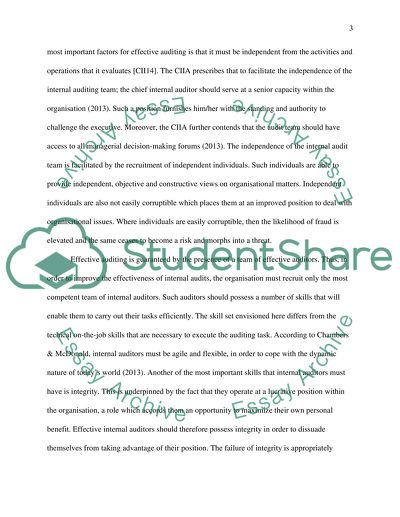Cite this document
(“Corporate Governance and Global Financial Ethics Essay”, n.d.)
Corporate Governance and Global Financial Ethics Essay. Retrieved from https://studentshare.org/finance-accounting/1668473-corporate-governance-and-global-financial-ethics
Corporate Governance and Global Financial Ethics Essay. Retrieved from https://studentshare.org/finance-accounting/1668473-corporate-governance-and-global-financial-ethics
(Corporate Governance and Global Financial Ethics Essay)
Corporate Governance and Global Financial Ethics Essay. https://studentshare.org/finance-accounting/1668473-corporate-governance-and-global-financial-ethics.
Corporate Governance and Global Financial Ethics Essay. https://studentshare.org/finance-accounting/1668473-corporate-governance-and-global-financial-ethics.
“Corporate Governance and Global Financial Ethics Essay”, n.d. https://studentshare.org/finance-accounting/1668473-corporate-governance-and-global-financial-ethics.


